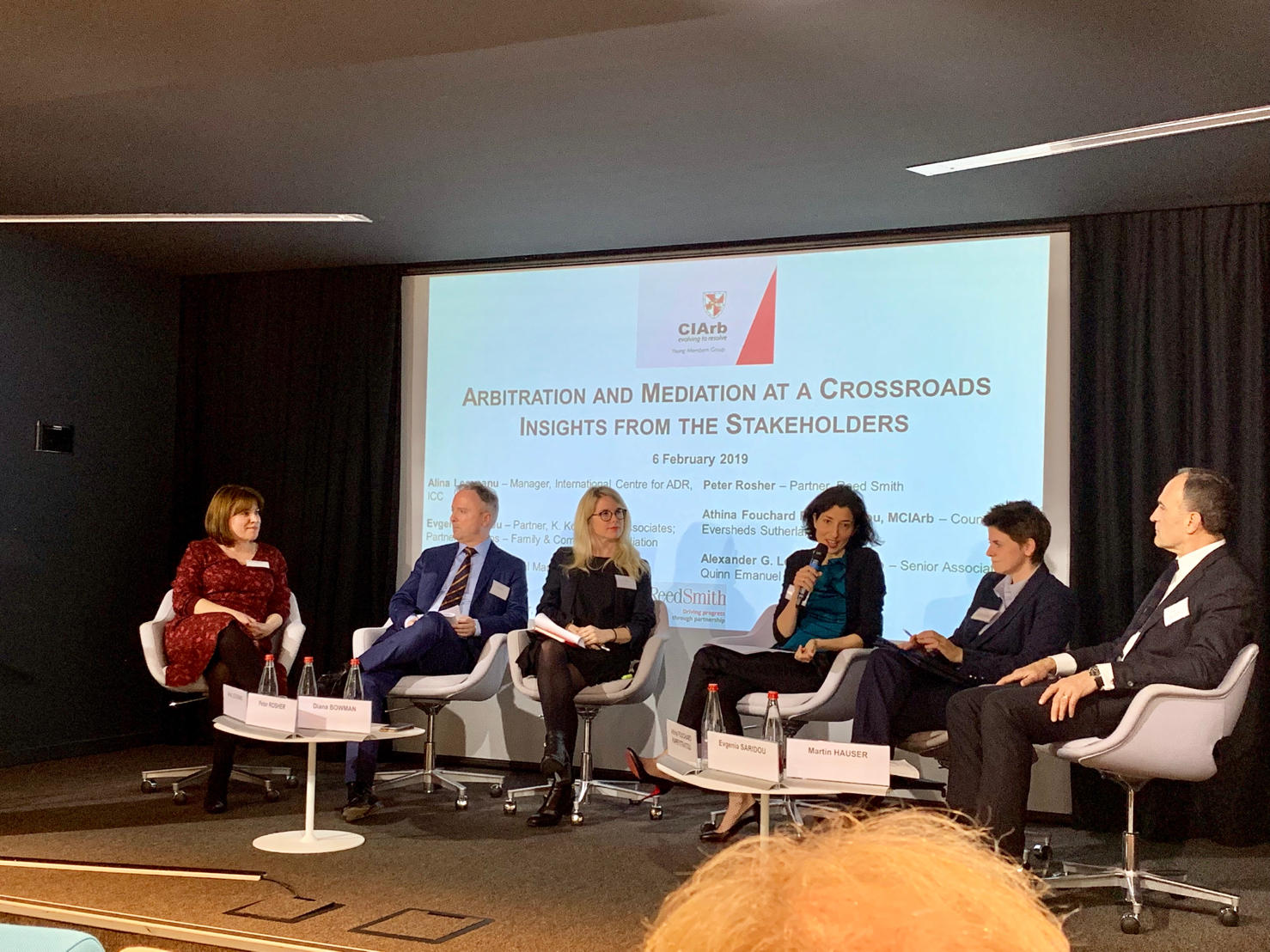The image accompanying this post is just for fun. To reassure you, when aiming for fast and enforceable dispute resolution, we are not thinking about a goat fight nor a pistol duel. The outcome of both may be fast and enforced, especially if fatal, but they do not allow for a fair resolution.

Usual options for dispute resolution
In most countries, there is a wide range of dispute resolution possibilities:
- Through informal processes, controlled by the parties, that are less onerous and fast (if successful): negotiated solutions, mediation, conciliation, expert involvement etc. Other advantages are: the confidential nature; process flexibility; the higher probability to preserve relationships. The disadvantages relate to enforcement of the resolution and the potential disconnection from the “rights and wrongs” (e.g. due to commercial pressure, power etc).
- Formal processes with final resolution: court proceedings and arbitration. The disadvantage is that these are slow and time consuming processes, often inconsistent with continuing business relationships and very expensive especially due to the need for legal counsel (representing more than 80% of the costs). Rationally speaking, only disputes with big amounts at stake should go to court or arbitration.
The above processes are unfortunately fast & inexpensive or enforceable. And not both at the same time!
UK statutory adjudication, DABs and ICC expedited arbitration
The UK can be proud of 20 years of statutory adjudication for construction disputes. It has been a great success, reducing the amount of disputes going to court or arbitration!
Similar results have been achieved on projects with dispute boards (standing or ad-hoc). FIDIC is strongly pushing DABs on projects using their standard contracts (now called DAABs = dispute avoidance and adjudication boards).
The new ICC rules (introduced in March 2017) – with their expedited procedure – are not filling the gap because the shift is mainly to 1 arbitrator, making an award in 6 months with only a reduction of 20% of arbitrator’s fees and some procedural flexibility on production of documents, hearings etc. Anyway, the extra rigor and time needed for such arbitrations are justified for having final and binding awards.
So, in countries where there is no statutory adjudication nor dispute adjudication boards, how can we provide for fast and enforceable dispute resolution?
Fast and enforceable dispute resolution with fast-track arbitration
The solution to achieve fast and enforceable dispute resolution is to establish a fast-track, ad-hoc, arbitration inspired by the UK rules for statutory adjudication: the Housing Grants, Construction and Regeneration Act + the Scheme for Construction Contracts Regulations 1996 (as amended).
The time limit is paramount. The award will be enforceable (except in case of jurisdictional problems or breaches of natural justice) and binding on the parties. The parties will retain the right to bring the dispute back before the court or arbitration (if foreseen in the contract), if one of the parties cannot accept the fast-track award on a permanent basis. But they will still have to comply with the award in the meanwhile.
The defendant typically has to provide a response to the referral within 10 to 14 days. Within 28 days from the referral or such other period as the parties may agree upon, the arbitrator should formulate the award. Arbitrators used to normal ICC procedures may doubt this is achievable. But it works for UK construction adjudication and it is all a matter of adapting to the time available.
Still, the arbitrator should reach a decision based on a fair and reasonable view of the legal entitlements of the parties. The arbitrator should act impartially, within his/her jurisdiction and respect the principles of natural justice. He/she will give reasons for the decision. The parties can therefore understand the thought process. This may help the parties in accepting the award more easily.
The arbitrator must be nominated promptly after the notice of the dispute. Typically within 7 days after the notice, either by agreement between the parties or by a nominating body. The parties can also foresee names in the original contract.
Concluding notes
This fast-track arbitration will solve the problematic gap to achieve fast and enforceable dispute resolutions for:
- most small & medium size enterprises,
- disputes with smaller amounts at stake,
- disputes that happen during the course of the contract execution,
- in less complex situations even if the amounts are considerable (e.g. interim payment disputes)
- etc.
Because of the fact that the parties still have the right to go back before court or final arbitration, the dispute can be treated in a less legalistic way. The parties can prepare their cases themselves, if they wish, rather than having to engage expensive professional assistance.
You can contact us if you are interested in fast and enforceable dispute resolution. You can also leave a comment here below.
For other articles on dispute resolution, click here.
About AfiTaC
AfiTaC.com is the blog on commercial and contractual subjects for the Project Businesses (Construction, Infrastructure, Oil & Gas, Power & Renewable, Water Supply & Sanitation, etc). Its objective is to stimulate reflection, learning, convergence to balanced contracts and positive dispute resolution. You can subscribe to our newsletter by writing to “newsletter@afitac.com”. You can also connect to our LinkedIn page. Engagement with the readers is what keeps us going. So, don’t hesitate to exchange with us by commenting here below, liking our publication on LinkedIn and writing to us “info@afitac.com”.



0 Comments